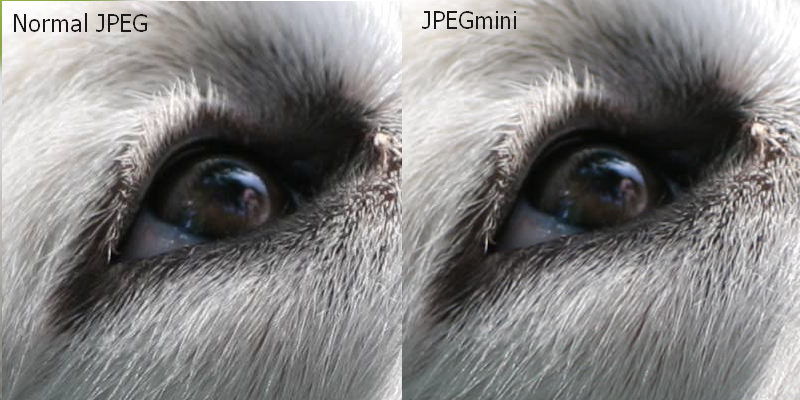Recently I was made aware of JPEGmini, http://www.jpegmini.com/, a product that is described as optimized JPEG compression for your photos. Compression up to 5x was touted, which is not very impressive to people developing image compression. However, the claims of virtually no loss of image quality got me interested, so I devised an experiment to verify the claims, and evaluate JPEGmini’s performance.
Background: JPEGmini’s claims are based on the compression of JPEG files. These are already compressed by the processing of digital cameras by about 3x. This is due to the natural statistics of image data, and is routinely done with little or no apparent loss or distortion. JPEGmini compression of up to 5x, therefore implies an overall compression of about 15x. Sounds impressive, but is it? After downloading several demo. image sets (before and after JPEGmini processing), I observed little or no loss of detail or introduction of distortion, quantization, etc. So far, good news …
But how good Is it? To access the value of JPEGmini’s optimized JPEG compression, I used ordinary JPEG to compress several of their example image files. When saving a JPEG file, most software allows the selection of a quality level, usually on a [0 -100] scale. By adjusting the quality level for each image, I was able to generate files with the same size as the corresponding JPEGmini files. To compress the original camera images I used PhotoFiltre, http://www.photofiltre-studio.com/, a great free photo-edting programme by Antonio Da Cruz. The quality level settings that were needed to match the file sizes ranged from 72 – 85.
Comparison: After close visual inspection the results from JPEGmini were virtually identical to those from PhotoFiltre’s standard JPEG. So while the results were good, at least for the images tested, they were not unique – optimized or not.
Dog’s eye, cropped from full image.

